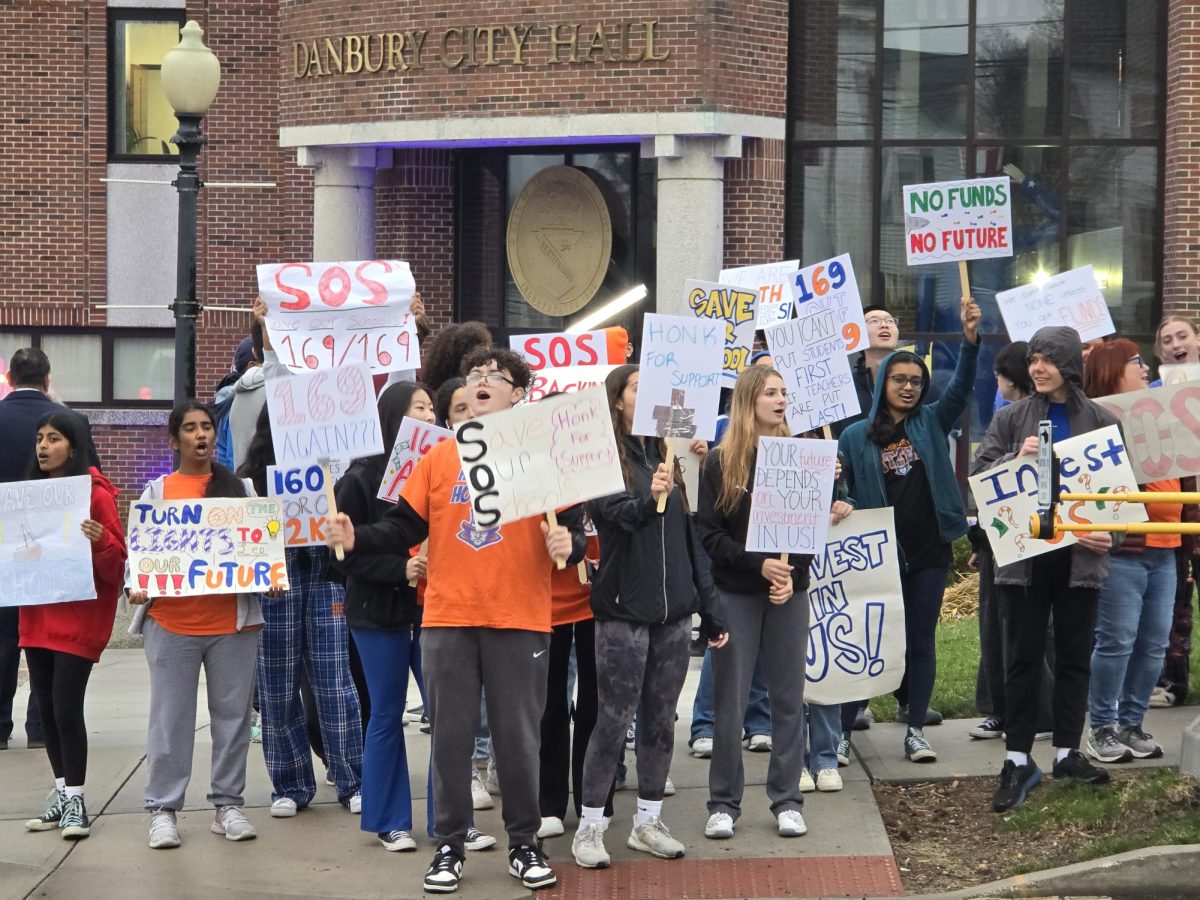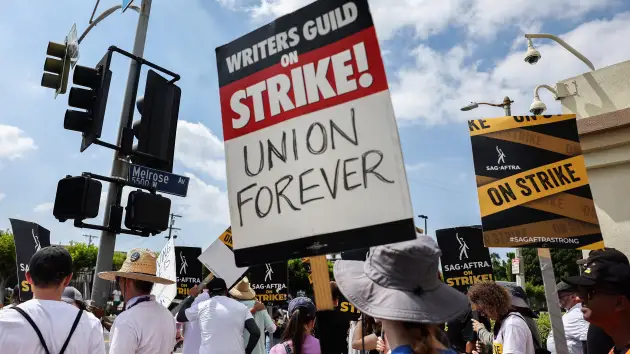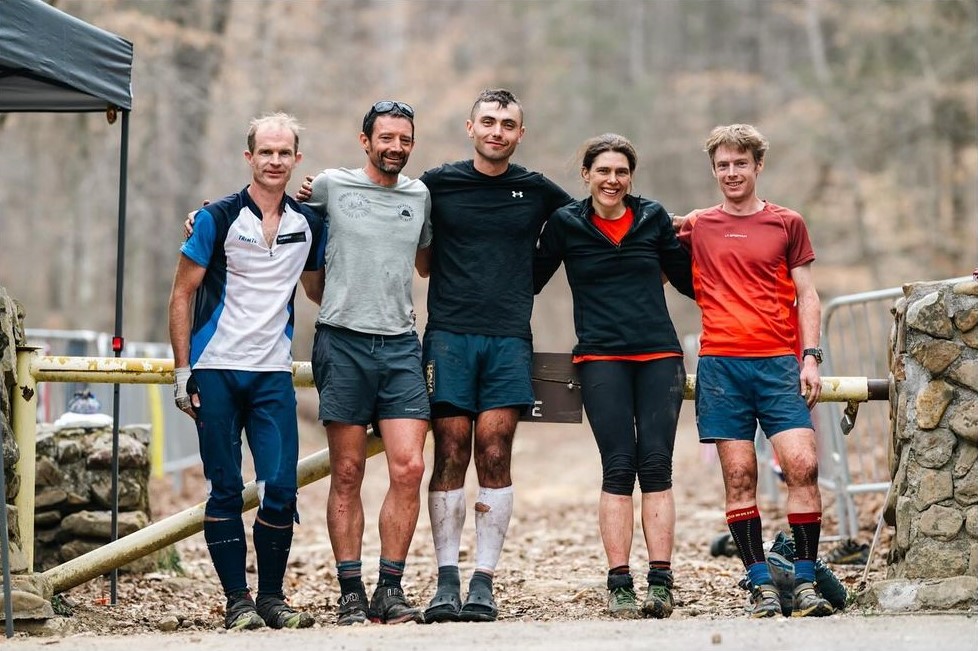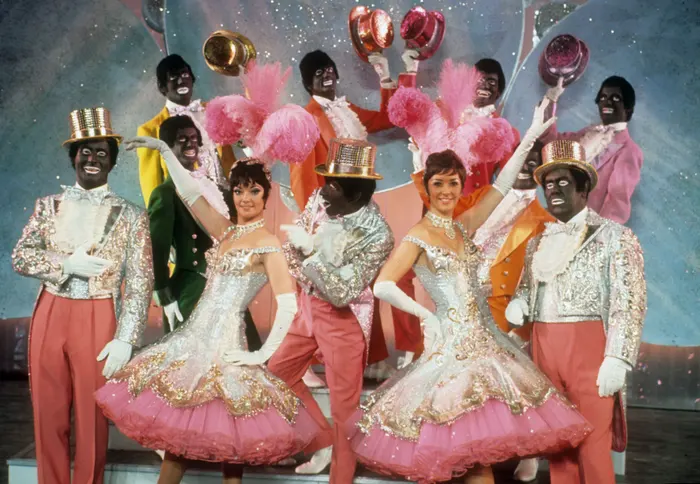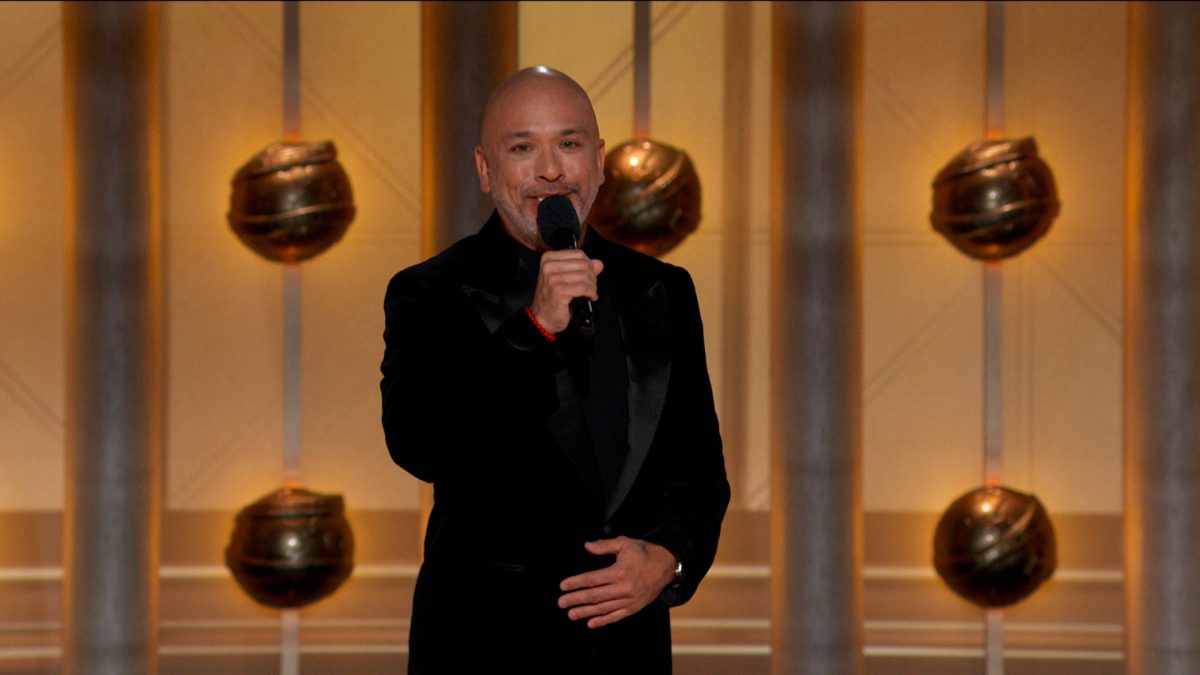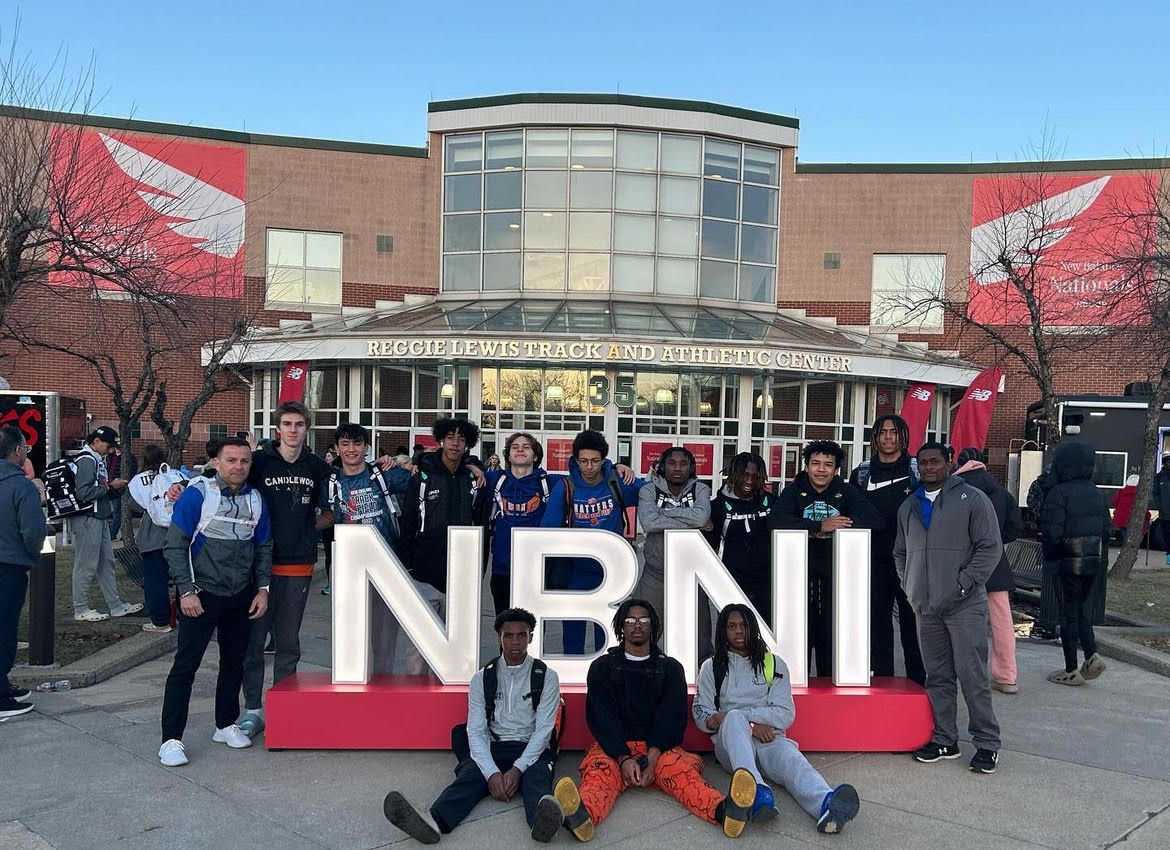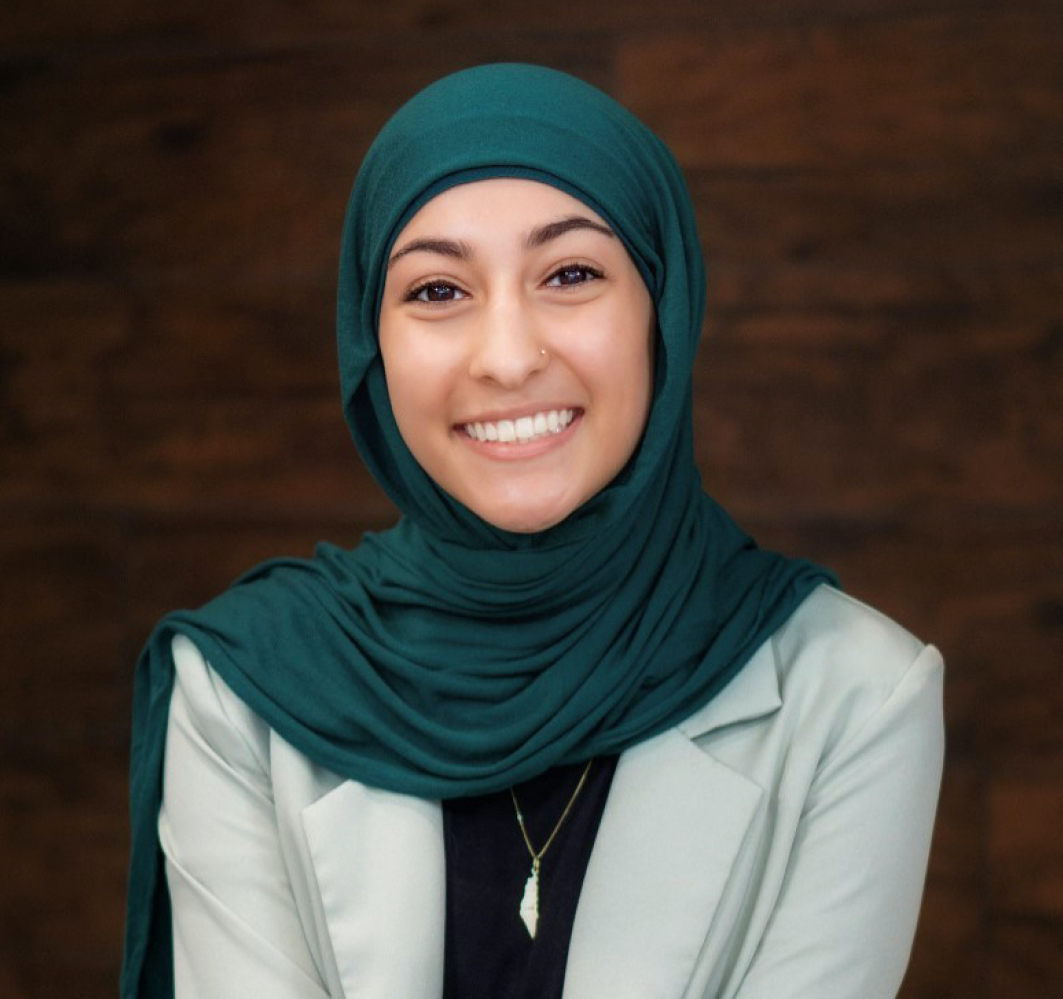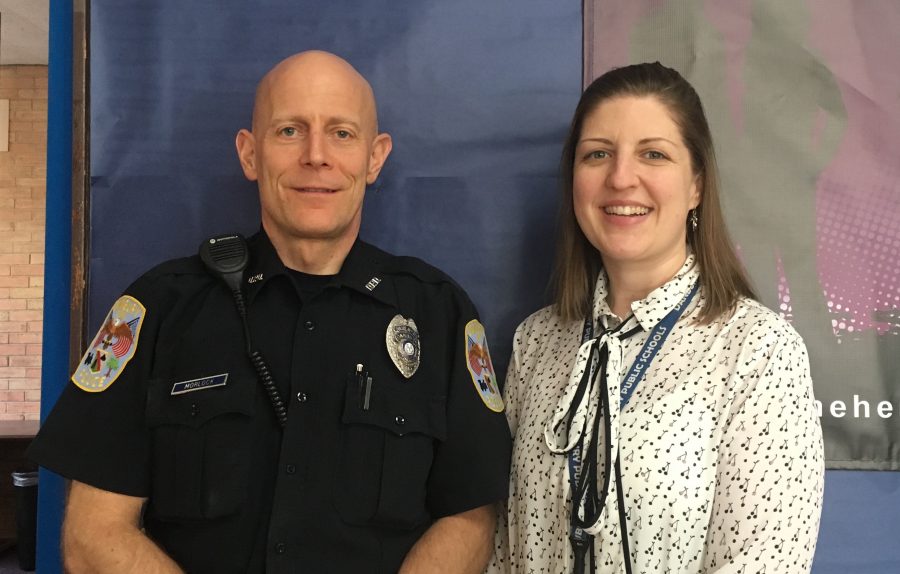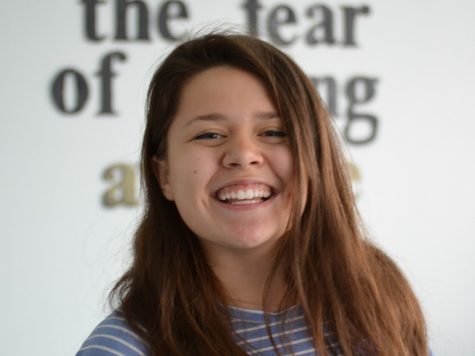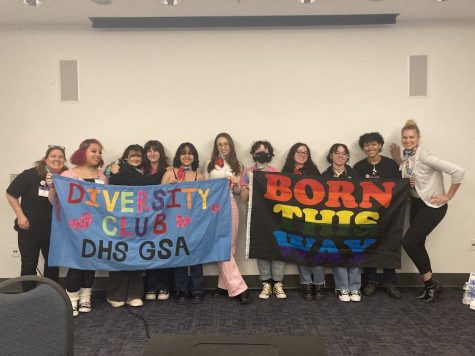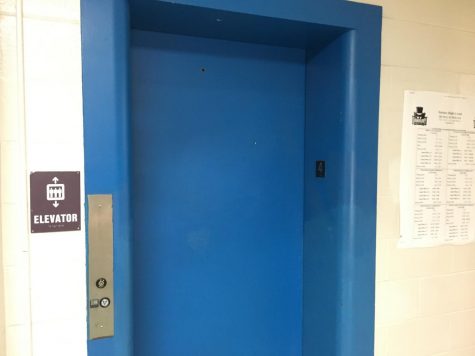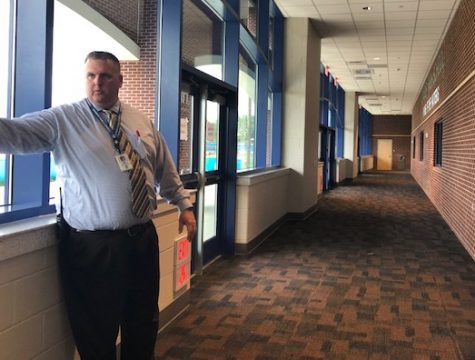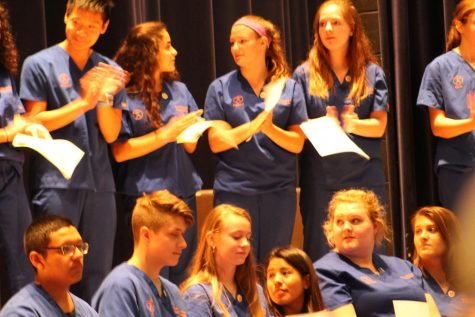New crisis counselor lends helping hand to students
Caitlin Lewis is the new crisis counselor, taking over for Stan Watkins, who retired at the end of last school year. She often works with the school resource officer Rob Morlock of the Danbury Police Department.
February 14, 2017
On a typical school day, Caitlin Lewis sees as many as eight students who are in various degrees of crisis.
The school’s new crisis counselor — she took over for longtime counselor Stan Watkins after his retirement — says no issue is too small or too big.
It can be a bullying issue, a social media attack, a case of substance abuse, a disciplinary incident, a mental-health matter or even a family concern.
“Everyone has something different and everyone is equally important,” the Norwalk native says during a break, which is few and far between. When she’s not seeing a student, she may be in consultation with a school resource officer, a social worker, or an administrator.
Michael Clarke, Level 1 principal, explained the importance of a crisis counselor’s job as “ one of the few positions that can be proactive to a situation instead of reactive.”
“She has the opportunity to help the student before the problem grows,” Clarke says. “I do not think you can measure her impact in the school because she plays such an important role in a student’s success.”
“Her job can stretch from something as simple as harassment to a criminal element,” says one of the school resource officers, Rob Morlock. “She is the [one of the] most popular persons that we see because it is very comforting for students to know that she has an open-door policy and that [students] are free to confide in her.”
The job may be new for Lewis, but with her degrees in psychology from McGill University in Canada and social work from Columbia University, she is not threatened by the job nor is she new to the school.
For one year, she was the Freshman Academy’s interventionist. In that role, she helped students who had difficulty in adapting to high school and consequently failed in their academics or kept getting into trouble.
She said that job helped her prepare for the position of the crisis counselor. She says, “I met with 60 students every week to make sure that the students were on track for academics. Both jobs are definitely equally busy and crazy.”
Helping students cope with, or overcome, their crisis often leads to other successes: improved attendance, better grades, fewer discipline issues, and getting seniors back on the graduation track.
Lewis hopes that when a student confides in her that they feel comfortable, calm, and appreciated in her office, and know that their problems matter.
Whenever Lewis meets with students she encourages them to “let go of what you can not control and focus on what you can.”
Despite the full day, Lewis can’t help but worry whether she did all she could. She practices and teaches yoga to help keep her centered, and has a 2-year-old to take care of when she gets home.
“Knowing yourself is important,” she says, adding that in an ideal world the school of 3,000 students could use two crisis counselors.
“A day doesn’t go by when I’m not on the radio for her,” Morlock said.

